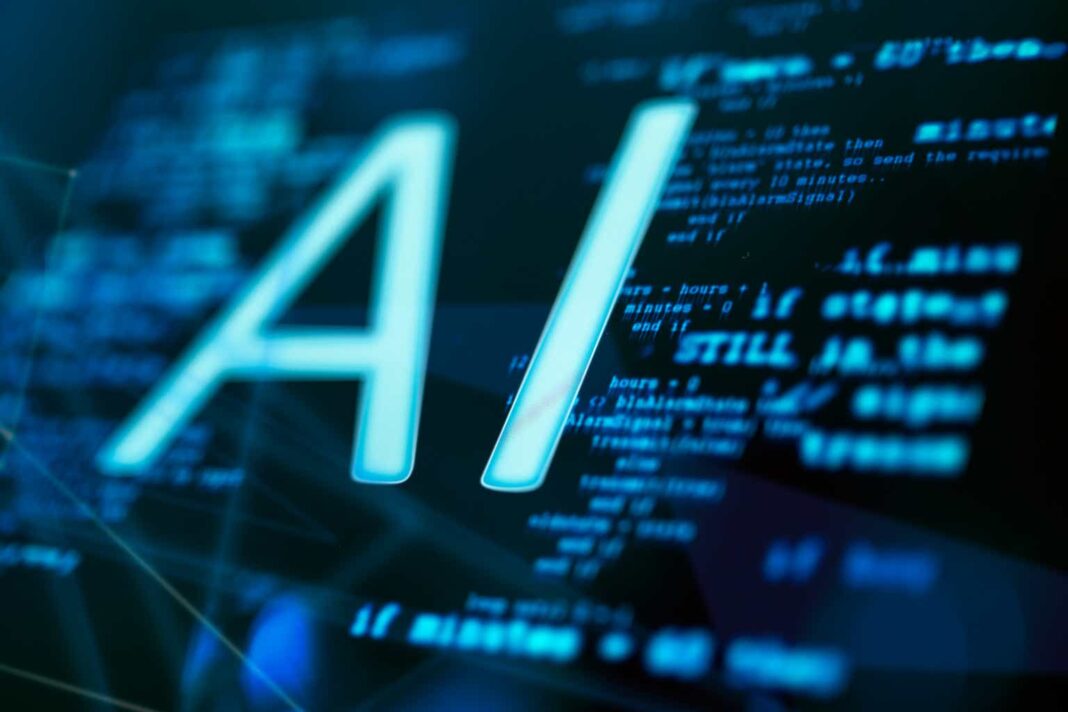Introduction
Since the invention of artificial intelligence (AI), debates about its ethical implications have been ongoing. AI promises to revolutionize various aspects of our lives, but with great power comes great responsibility. It is important to consider the ethical implications of AI and ensure that its development and deployment adhere to ethical standards. In this article, we will delve into the ethics of artificial intelligence and explore the various ethical considerations that come with its use.
The Impact of AI on Society
One of the primary ethical considerations surrounding AI is the impact it has on society. AI has the potential to greatly benefit society by improving efficiency, increasing productivity, and solving complex problems. However, there are also concerns about the displacement of jobs due to automation, bias in AI algorithms, and the potential for misuse of AI technology. It is essential to consider the societal implications of AI and ensure that its development is done responsibly to avoid negative consequences.
Ethical AI Development
When developing AI technologies, it is crucial to consider ethical principles. This includes ensuring that AI systems are transparent, accountable, and fair. Developers need to be mindful of biases that may be present in the data used to train AI algorithms and take steps to mitigate them. Additionally, AI systems should be designed to prioritize the well-being of humans and respect their autonomy. Ethical AI development involves continuous monitoring and evaluation to ensure that AI systems operate ethically and in line with societal values.
Data Privacy and Security
Another important ethical consideration in AI is data privacy and security. AI systems rely on vast amounts of data to function effectively, which raises concerns about the privacy of personal information. It is essential to establish robust data protection measures to safeguard sensitive data and ensure that it is not misused. Additionally, AI systems should be designed with security in mind to prevent breaches and protect against malicious attacks that could compromise privacy and data integrity.
Autonomous AI Systems
Autonomous AI systems, such as self-driving cars and drones, raise unique ethical considerations. These systems have the ability to make decisions independently, which raises questions about accountability and liability in the event of accidents or errors. It is important to establish clear guidelines and regulations for the deployment of autonomous AI systems to ensure that they operate safely and ethically. Furthermore, ethical considerations must be taken into account when programming these systems to prioritize the well-being of individuals and minimize harm.
Conclusion
In conclusion, the ethics of artificial intelligence are complex and multifaceted. It is essential to consider the societal, ethical, and legal implications of AI to ensure that its development and deployment are done responsibly. Ethical AI development involves prioritizing transparency, fairness, and accountability, as well as safeguarding data privacy and security. By adhering to ethical principles, we can harness the full potential of AI while minimizing risks and ensuring that AI technologies benefit society as a whole.
FAQs
What are the ethical considerations surrounding AI?
Some of the main ethical considerations surrounding AI include data privacy and security, bias in AI algorithms, the impact of AI on society, and the development of autonomous AI systems. It is important to address these ethical considerations to ensure that AI technologies are developed and deployed responsibly.
How can developers ensure ethical AI development?
Developers can ensure ethical AI development by prioritizing transparency, fairness, and accountability in AI systems. This involves being mindful of biases in data, designing AI systems with privacy and security in mind, and prioritizing the well-being of individuals in the development and deployment of AI technologies.
What role do regulations play in ensuring ethical AI?
Regulations play a crucial role in ensuring ethical AI by establishing guidelines and standards for the development and deployment of AI technologies. Regulations can help prevent misuse of AI, protect data privacy, and ensure that AI systems operate in a manner that aligns with societal values and ethical principles.




